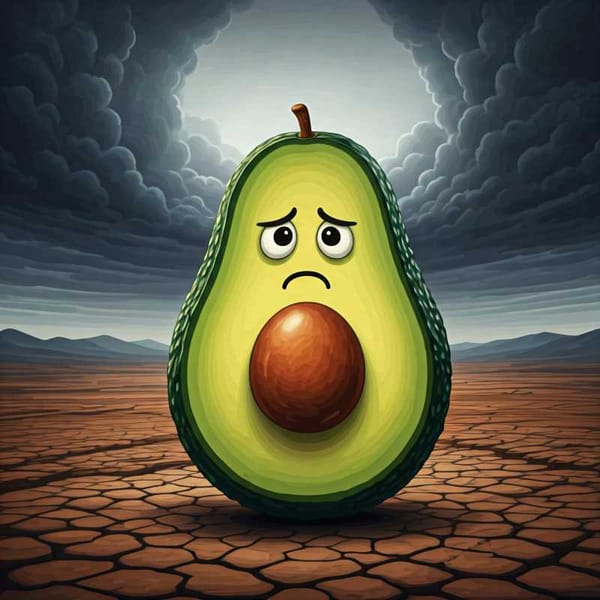How Slick Snacks are Sabotaging Mexican Health
Mexico's love for fresh food is threatened by ultra-processed options. NAFTA and industry dominance are blamed for limited access to healthy choices. Researcher proposes regional production and local markets to fight "slow devour" of Mexican health and return to a healthy food culture.

Mexico's love affair with food is legendary, a rich string of flavors that emanate from fresh tortillas, sizzling chiles, and steaming bowls of pozole. But a sinister undercurrent threatens this culinary heritage: the relentless creep of ultra-processed foods and fast food. Agustín Rojas Martínez, a researcher from the UNAM Economic Research Institute, paints a concerning picture. He warns of a "slow devour," where the easy availability of convenient, calorie-laden options is eroding the health of Mexicans and squeezing out access to fresh, nutritious food.
The culprit? The North American Free Trade Agreement (NAFTA) gets a heaping helping of blame. NAFTA, argues Rojas Martínez, ushered in a "food system metamorphosis." Consider the idea of it as a culinary butterfly emerging from a chrysalis of traditional ingredients, only to reveal a creature with a taste for neon colors and artificial flavors. Highly processed products, engineered for maximum shelf life and profit margins, began to dominate supermarket shelves. Mexico, according to the Pan American Health Organization, now holds the dubious distinction of being the champion of ultra-processed food consumption. This, says Rojas Martínez, is a recipe for disaster.




